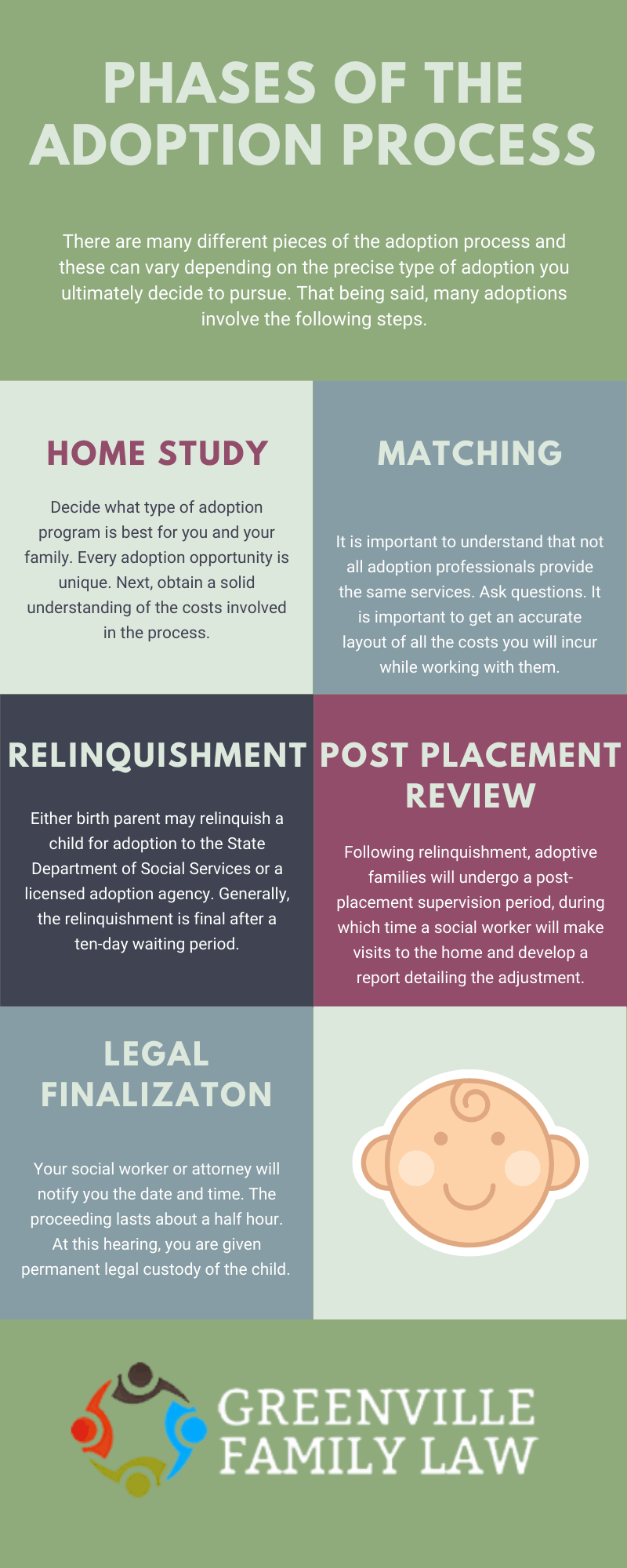Navigating Adoption: Legal Process and Pathways to Parenthood


Navigating Adoption: Legal Process and Pathways to Parenthood
Adoption is a significant and transformative journey, offering individuals and couples the opportunity to build families through legal processes. In this article, we’ll delve into the legal aspects of adoption, providing insights into the adoption process and the various pathways to parenthood it offers.
Understanding the Legal Framework
The legal framework for adoption varies by jurisdiction, but certain commonalities exist. Prospective adoptive parents must comprehend the legal requirements, including eligibility criteria, background checks, and home studies. Understanding the legal foundation is crucial for a smooth and successful adoption process.
Engaging Adoption Professionals
Adoption is a complex process, and engaging adoption professionals such as adoption agencies or attorneys is advisable. These professionals guide prospective adoptive parents through legalities, facilitate communication with birth parents, and ensure that the adoption process adheres to legal standards. Their expertise streamlines the legal journey of adoption.
Home Study: A Vital Legal Step
A home study is a pivotal legal step in the adoption process. This thorough investigation assesses the suitability of prospective adoptive homes. It involves interviews, home visits, and background checks to ensure that the living environment is safe and conducive to the well-being of the adopted child. Compliance with home study requirements is essential for legal approval.
Consent and Termination of Parental Rights
In many adoption cases, obtaining the birth parents’ consent is a legal prerequisite. If applicable, the termination of parental rights is a crucial step, ensuring that birth parents voluntarily relinquish their legal rights to the child. This legal process varies based on the circumstances and may involve court proceedings.
Legalization of Adoption Through Court
The legal aspect of adoption culminates in a court process to finalize and legalize the adoption. This often involves a court hearing where adoptive parents, birth parents (if necessary), and the adopted child may be present. Once the court issues the adoption decree, the legal relationship between the adoptive parents and the child is established.
Open vs. Closed Adoption: Legal Considerations
The legal framework of adoption also accommodates different types of adoption arrangements, notably open and closed adoptions. Open adoptions involve ongoing contact between birth and adoptive families, while closed adoptions maintain confidentiality and limited or no contact. Legal agreements often outline the terms and extent of communication in open adoptions.
International Adoption: Navigating Global Legalities
For those exploring international adoption, navigating global legalities is a critical aspect. International adoption involves compliance with both the laws of the adoptive country and the child’s country of origin. Understanding and adhering to these legal requirements are essential for a successful international adoption process.
Post-Adoption Legal Considerations
Even after the adoption is finalized, there are post-adoption legal considerations. Updating legal documents, such as birth certificates and social security records, is part of the process. Additionally, adoptive parents may need legal assistance in handling any post-adoption challenges or inquiries.
Ensuring Legal Protections for All Parties
Throughout the adoption process, ensuring legal protections for all parties involved is paramount. Legal professionals play a key role in safeguarding the rights and interests of both adoptive and birth parents. Well-crafted legal agreements contribute to a transparent and secure adoption process.
Ongoing Legal Support and Resources
Adoptive families benefit from ongoing legal support and resources. Legal professionals specializing in adoption can provide guidance on matters such as parenting rights, post-adoption agreements, and navigating any legal complexities that may arise. Staying informed and seeking legal advice as needed contribute to a positive and legally secure adoption experience.
Now that we’ve explored the legal aspects of the adoption process, it’s essential to actively incorporate this knowledge into your adoption journey. For additional insights into the adoption legal process, check out this link for valuable resources and information.
Conclusion
Navigating the legal process of adoption requires diligence, understanding, and often the assistance of legal professionals. By comprehending the legal framework, engaging with adoption experts, and ensuring legal protections for all parties, prospective adoptive parents can embark on a legally sound and fulfilling journey toward parenthood.






